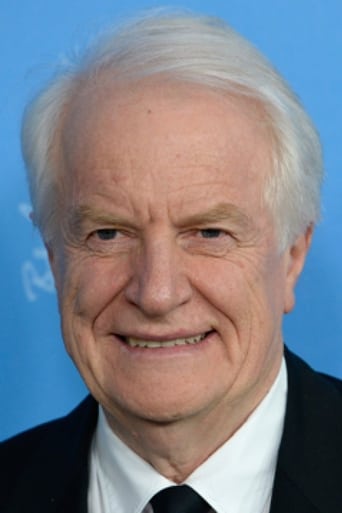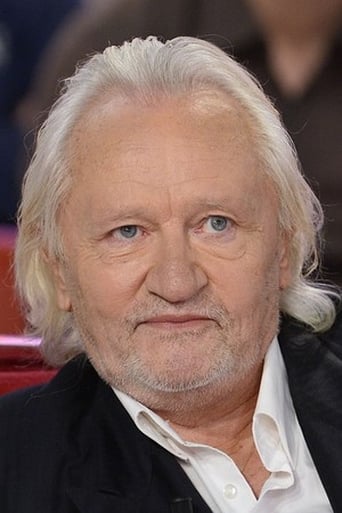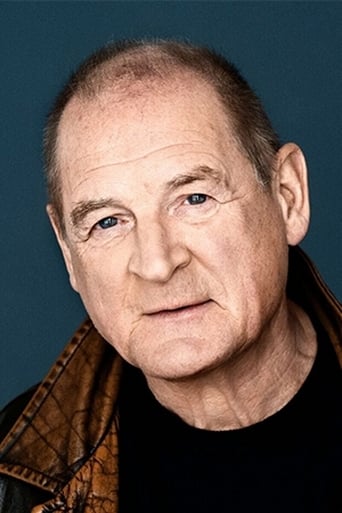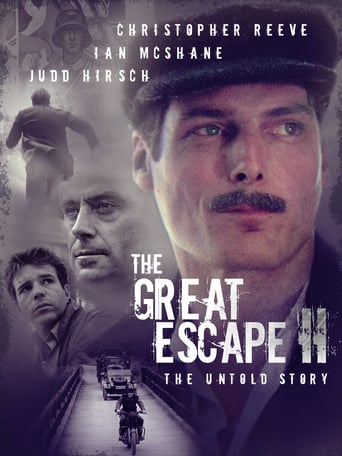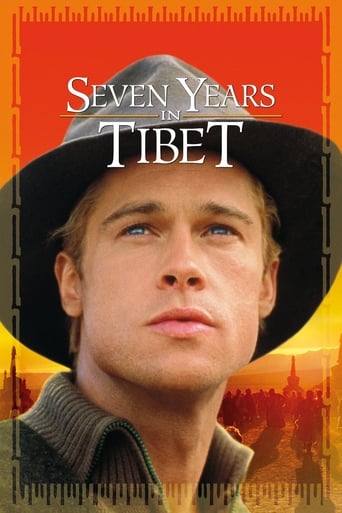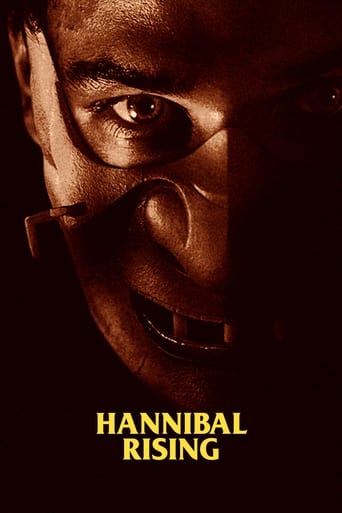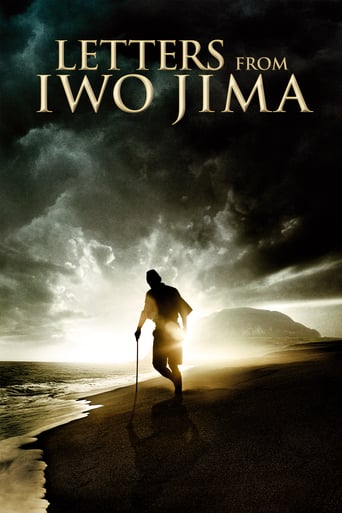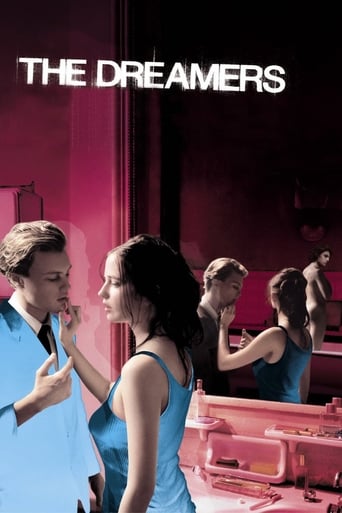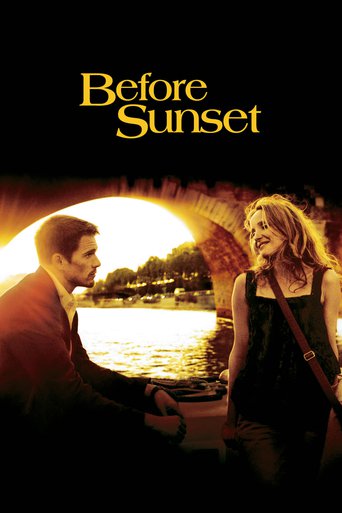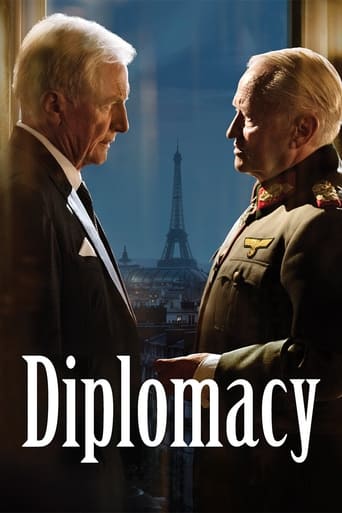
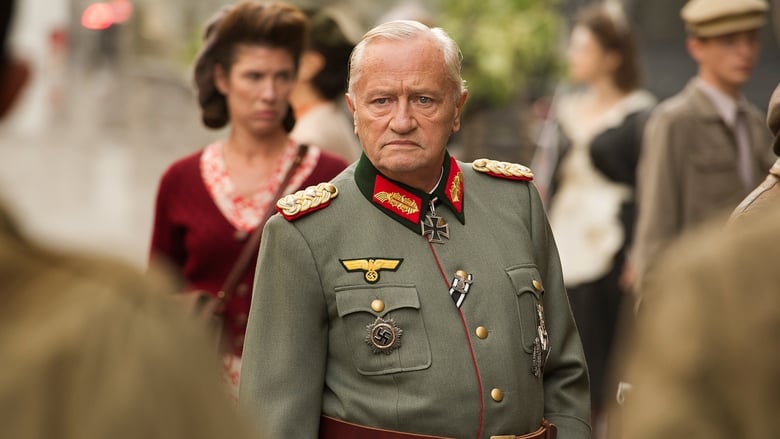
Diplomacy (2014)
The night of August 24, 1944. The fate of Paris is in the hands of General von Choltitz, governor of Grand Paris, who is preparing, on Hitler’s orders, to blow up the French capital. The descendent of a long line of Prussian military men, the general has never had any hesitation when it came to obeying orders. This is what’s on Swedish consul Raoul Nordling’s mind as he takes the secret staircase that leads to General von Choltitz’s suite at the Hôtel Meurice. The bridges on the Seine and the major monuments of Paris (including the Louvre, Notre Dame, the Eiffel Tower) are mined with explosives, ready to be detonated. Armed with all the weapons of diplomacy, the consul will try to convince the general not to follow Hitler’s order of destruction.
Watch Trailer
Cast


Similar titles
Reviews
First, the movie itself. It is filmed theater, complete with Grand Guignol (secret passages) and a few clumsy attempts to open up the play with outside shots. It is an extended (and mostly imagined) conversation between General Dietrich von Choltitz (military governor of Paris) and Raoul Nordling, Swedish consul in Paris shortly before the liberation of Paris in August 1944; the subject is the destruction of historical monuments ordered by Hitler but not executed. Since Niels Arestrup and André Dussollier are accomplished actors, the movie keeps your attention. On this basis only, it would deserve a medium good rating. The problem is distortion of history. The dialogue lends nobility to Choltitz and minimizes the Free French contribution to the liberation (the Resistance is not present in this movie, except for a few fighters being executed or engaging German soldiers in firefights without taking cover, like the Japanese in wartime American movies). Choltitz, as most of Hitler's generals, was a scoundrel and a war criminal who at the time was trying to find ways to avoid execution at the hand of partisans or a postwar trial for war crimes followed by hanging. No need to worry; he was treated with kid gloves in postwar America and West Germany. He was freed in 1947 after some mock repentance, and he even wrote a memoir where he named himself the Savior of Paris. This was thereafter echoed unthinkingly by the mainstream press.In this movie, Choltitz is allowed every excuse. He posits the standard Nazi defense ("I am following orders") and compares the proposed destruction of Paris with the Allied bombing of German cities. Dubious call. True, Allied bombings of German aimed to kill civilians (although most cities were heavily defended). However, terror bombing from the air was proudly introduced by Germany in Guernica (and other Spanish cities) during the 1936-1938 civil war, and perfected in Warsaw and Rotterdam.The movie contain falsities as well as omissions. Examples of both.Falsity: some of the soldiers that take Choltitz prisoner wear American uniforms. They did not: all were Frenchmen and Spaniards and served in the 2nd Free French Armored Division under general Leclerc's command, the first force to enter Paris well ahead of the Americans.Omission: The beginning of the movie shows Warsaw after the Nazis destroyed 90% of the city. It does not clarify why this was not contested by the Polish underground. Reason: they had been crushed as a result of the Warsaw Uprising of August 1944.One wonders where the director's sympathies fall. One wonders less after the end titles. Schlöndorff dedicates the movie to "his friend Richard Holbrooke," a neocon and one of the the architects of the disintegration of Yugoslavia at the hands of NATO, in which Germany was an accomplice. A far more balanced and truthful account of the liberation of Paris can be found in a popular 1966 movie by René Clement, "Is Paris Burning?" It's a lot more entertaining too.
the lead character - one of the most seductive European capitals. the story essence- meeting of a two different men. the war as stage. and the dialog as a large, fascinating , dark labyrinth. one of films who remains for many of his viewers as a kind of personal memory. because not the historical accuracy is the important thing, not the real story. but the confrontation , the vulnerabilities of both, the clash between two worlds who are the same root. a film about people and his values. about honesty and about conscience. a fascinating film because it propose not solutions but only options. because it is not about the correct answer to a huge challenge but about the insignificant thing who defines each of us.
Volker Schlöndorff's newest film starts with a montage of images of a destroyed city from World War II. At the same time. we are listening to tragic classical music. The central question here is: Will Paris face the same fate? Of course, everybody knows the answer is no. That does not take away any tension from the movie, however. Usually, we know how historic films end and the challenge is to make it an exciting watch despite that, without the element of surprise. The director really succeeded here. Schlöndorff, whose biggest success so far is an Academy Award win in the Foreign Language Film category for another movie related to World War II, came up with this one together with Cyril Gely, who is responsible for the play that this movie is based on.The story is fairly simple. A Swedish diplomat (arrives roughly 15 minutes into the film) has to convince a German politician (start to finish) in charge of Paris to act against Hitler's order of burning down all of Paris' sights before the Allied forces can take back the city. The German's family background is essential as well as the destruction of German cities like Dresden. The two main characters are played competently by French actors Dussolier and Arestrup. Other than that, the movie is packed with German actors, such as a personal favorite of mine, Burghhart Klaußner, who's only in it early on before Dussolier takes over, but has a significant role as his character completely obeys Hitler's orders and wants Arestrup's character to burn everything down, which would mean: no Louvre today, no Eiffel Tower etc.One of my favorite moments of the conversation and relationship between the two main figures was when Dussolier's character steps to the window and is immediately ordered back by Arestrup's character, so that he cannot give any signs to the resistance. Dussolier's character starts talking about the children of his counterpart right afterward and Arestrup's character does not care anymore about him being at the window. As much political rivalry as there is, the two seem to connect on a certain level. If there was any problem I had with the film, it may have been the ending. It should have ended right away when he decided not to blast everything. The shot-in-the-head scene with those acting against the order of Arestrup's character added little to the movie and the same goes for everything involving the concierge. Other than that, it was a really entertaining 80 minutes of diplomacy carried by the two actors and it was no problem at all that only the very basic frame was historically accurate and probably all the dialogs were completely fictitious. Nonetheless, with these dozens of WWII-movies out there, this particular subject is one which there has not been shed really much light on so far, which makes it so much worth watching. Very much recommended.
as i watched this film i also remembered the film "Is Paris Burning". Brilliant acting by two of the main actors. excellent cinematography and background score. Paris looks devastatingly beautiful from the balcony of the hotel they were staying. i very much would like to know the name of the singer and the name of the song as the credits roll at the end of the movie. this movie is not for everyone unfortunately. people who like the current crop of American films will definitely find this slow and boring. i have always enjoyed french and German films. it is great that Volker Schlöndorff is still making meaningful cinema, and we are so lucky. This must have been a very successful play and clever adaptation of the play is well appreciated. i simply wonder if the Swedish governor kept his word and helped the general's wife and children escape to Switzerland. at the end when he looks at the ring i wondered what he was thinking. hard to say. i really wish he kept his word.


